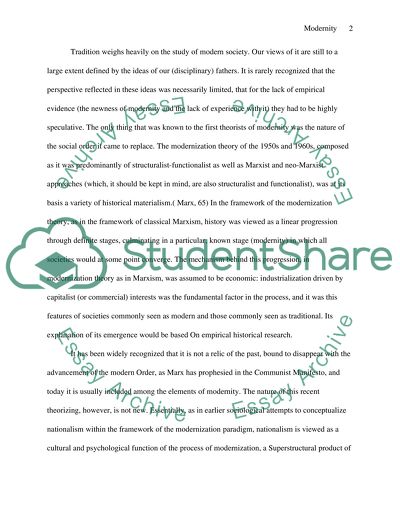Cite this document
(“Modernity Essay Example | Topics and Well Written Essays - 1000 words”, n.d.)
Modernity Essay Example | Topics and Well Written Essays - 1000 words. Retrieved from https://studentshare.org/sociology/1532090-modernity
Modernity Essay Example | Topics and Well Written Essays - 1000 words. Retrieved from https://studentshare.org/sociology/1532090-modernity
(Modernity Essay Example | Topics and Well Written Essays - 1000 Words)
Modernity Essay Example | Topics and Well Written Essays - 1000 Words. https://studentshare.org/sociology/1532090-modernity.
Modernity Essay Example | Topics and Well Written Essays - 1000 Words. https://studentshare.org/sociology/1532090-modernity.
“Modernity Essay Example | Topics and Well Written Essays - 1000 Words”, n.d. https://studentshare.org/sociology/1532090-modernity.


